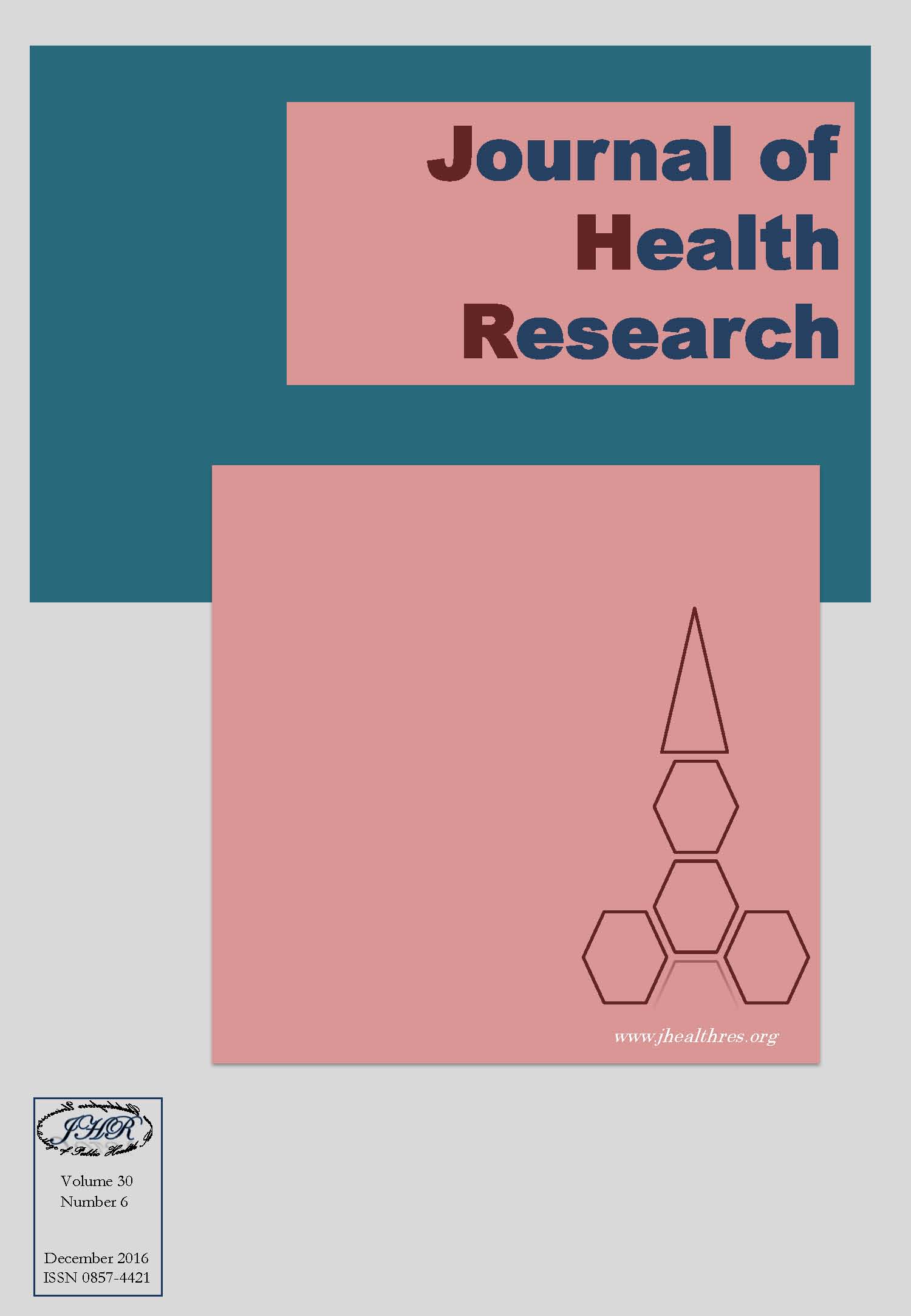Health status and psychological well-being of children infected and affected with HIV in Central Java Indonesia
Keywords:
Children, Health status, HIV infected, HIV affected, Psychosocial well-beingAbstract
Background: Besides facing an increased risk of death, children with HIV infected and affected also confront to stigmatization, discrimination, rejection and lack of love and care. HIV affected means children without HIV but one or both parents HIV positive. This study aims to describe the health status and psychological well-being of children with HIV-infected and affected and explore the caring behavior.
Methods: This was a qualitative study that employed both structured and unstructured questionnaire was performed to 47 caregivers whose children were infected and affected by HIV. In addition, in-depth interviews were used to 5 case managers, 3 health personals and 4 caregivers whose children have experienced with opportunistic infection and 2 caregivers whose children were orphaned due to HIV parents’ death, to explore the problems of their care arrangement and treatments as well as handling stigma and discrimination from the community.
Results: There were ten HIV infected children and eight of them had received antiretroviral therapy. Health status and psychosocial well-being of children with HIV infected were much worse than those affected. Some of them suffered from diarrhea, tuberculosis or skin disease as well as psychological symptoms such as often feeling head-ache, overly dependent to caregiver, poor appetite, bedwetting, short temper and even depression primarily in older children. There was no differences in the care pattern between HIV-infected and affected. Most of them raised by their biological mother or extended family member when parents died or absent. Caregiver characteristics such as knowledge and attitude about caring and socio-economic status, stigma and discrimination from community were related to the caring behavior and contributed to children health status and psychosocial well-being.
Conclusion: Caregiver caring behavior has great impact on children’s health status and psychological well-being primarily for children with HIV infected and affected. In terms of caring, HIV infected children were provided more attention for routine medication since they face many problems related to their immune system. In addition, fear of stigma and discrimination makes parents or caregivers hide the children’s HIV status, thus affecting the care and treatment that the children receive.







